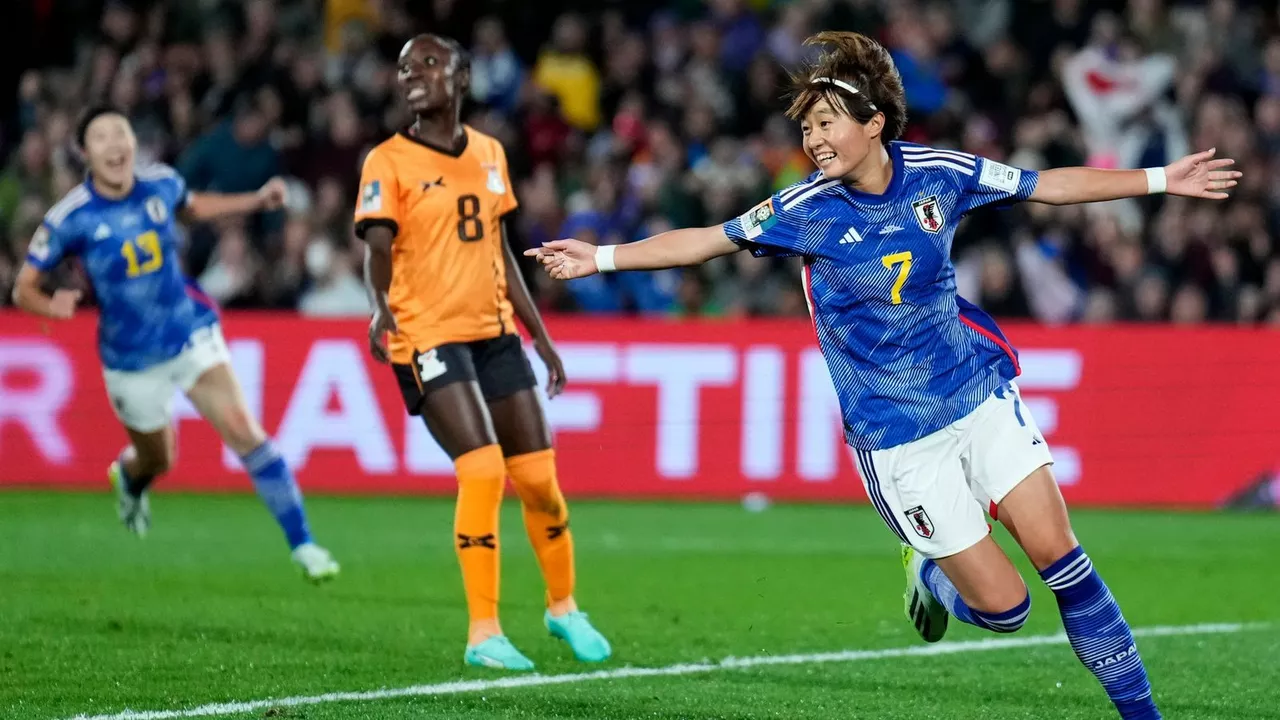Consequences in Soccer – Why Every Decision Matters
Ever wonder why a tiny rule tweak can ripple through an entire league? In soccer, every choice—whether a jersey design, a tactical switch, or a referee’s call—creates a chain of effects that shape teams, players, and fans.
Rule changes and on‑field impact
Take the dress‑code rule that bans sleeveless jerseys. At first glance it looks like a fashion issue, but it actually safeguards uniformity and keeps numbers and sponsor spots visible. Clubs that tried to push the limit quickly learned the penalty: a fine or a forced redesign that costs time and money. Those consequences push teams to respect the governing bodies and keep the game looking consistent worldwide.
Player decisions and mental pressure
Goalkeepers often talk about the mental weight of being the last line of defense. A single mistake can turn a win into a loss, affecting confidence, contract negotiations, and even fan support. When a keeper drops a shot, the team may lose points, sponsors might reconsider deals, and the player faces intense media scrutiny. That cascade shows how a personal reaction can have financial and reputational consequences far beyond the pitch.
Similarly, young athletes choosing between soccer and more popular sports like basketball face long‑term consequences. In the U.S., limited youth programs and less media exposure can stall talent development, meaning fewer elite players emerge from the system. Those gaps affect national team performance and the sport’s marketability.
Match outcomes and broader effects
When Newcastle United draws Tottenham Hotspur in the Carabao Cup, the result decides ticket sales, broadcast revenue, and local business traffic. A win could spark a surge in merchandise purchases, while a loss might dampen fan enthusiasm for weeks. The stakes go beyond the 90 minutes; they influence club finances and community spirit.
Even the way fans talk about a game—like debating if soccer should be called football—has consequences. Misunderstandings can create cultural divides, affecting international viewership and sponsorship deals. Clear communication helps keep the global fan base united.
Lastly, gender debates in soccer illustrate societal consequences. When high‑profile figures clash over policies, the conversation spills into media coverage, affecting league policies and player recruitment. These outcomes remind us that soccer isn’t isolated; it reflects broader social shifts.
Understanding these consequences helps you see the sport in a new light. Every rule, decision, and reaction carries weight, shaping the game's future for everyone involved.

What happens when soccer game is 0-0?
When a soccer game ends in a 0-0 score, it's known as a draw or a tie, meaning no team managed to score a goal. In regular league play, both teams are awarded one point each for a draw. However, in tournament situations, a tie often leads to extra time or even a penalty shootout to decide the winner. Personally, I find these matches just as exciting as high-scoring ones, as they often highlight excellent defensive strategies and goalkeeping skills.
View More